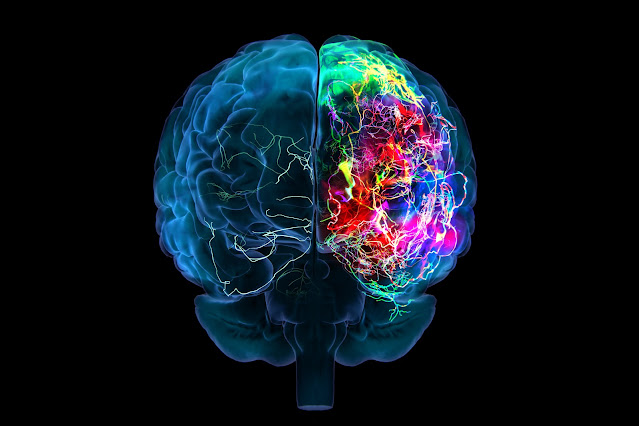DEPRESSION AND ANXIETY AMONG COLLEGE STUDENTS ARE GROWING, ESPECIALLY AMONG MINORITIES
.jpg)
DEPRESSION AND ANXIETY AMONG COLLEGE STUDENTS ARE GROWING, ESPECIALLY AMONG MINORITIES Depression and anxiety among college students is a growing public health problem. And new research from the University of Georgia suggests the problem may be worse for students who aren't the same race as most of their peers. The new study found that students who were not the majority race at a predominantly white college reported significantly higher rates of depression than their white peers. At the primarily white university, more than half of the students who self-identified as races other than white reported feelings of mild depression. An additional 17% said they were experiencing moderate to severe depression. Students at the predominantly white institution reported similar anxiety levels, regardless of race, with more than three in every five students saying they experienced mild to severe anxiety levels. At the historically Black college, students who weren'...
.jpg)





